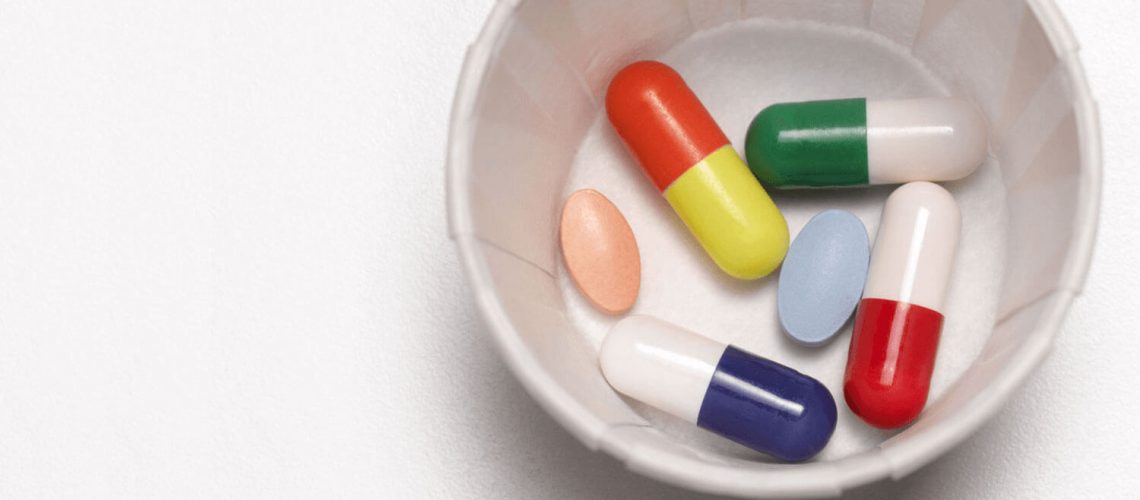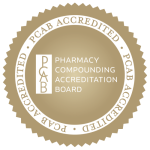We just introduced in the part I of this article WHAT pharmaceutical compounding is – presented from various perspectives – and we mentioned a few regulatory aspects related to pharmaceutical compounding.
In this part, our focus will shift to WHY pharmaceutical compounding.
As our article states that pharmaceutical compounding should be seen as a wonderland for the practitioners – let us mention a few reasons.
- Pharmaceutical compounding – as we have seen in its definition – is, first and foremost, customized medication. Any good practitioner, who really cares about his/her patients, can easily appreciate the value of prescribing customized medication – first for the patients and obviously for him/herself as well.
- Treating the patient as a unique individual, with unique medication needs, will only make the patient feel special.
- The practitioner will gain the patient’s respect, consideration and loyalty.
- Prescribing customized medication will improve the patient’s compliance with the treatment, and this in turn, will lead to a better outcome.
- Pharmaceutical compounding, in the current economic environment, can be very cost effective for the patient. As more and more drugs prices keep on skyrocketing, more and more insurance companies decide to either drop the coverage for many drugs, or dramatically increase the copayment. Either way, the burden falls on the patient. When the patient cannot afford the medication – s/he will not buy it or will take much less than indicated. The compliance will be poor and so will be the overall outcome.
- A compounded formulation prescribed for the same condition, prepared from the FDA approved API’s (Active Pharmaceutical Ingredients) – will be not only customized, but also much more affordable when paid in cash.
- It is easy to understand how this beneficial again both for the patient and for the practitioner: patient is saving money and gets the right treatment and the practitioner is the hero.
- Pharmaceutical compounding can make the practitioner a hero again when the patients are taking many medications by mouth with various bothersome side effects.
Many oral medications can be taken transdermal. This will allow the practitioner to combine several oral medications into one cream to be applied on the skin. A special base used by the compounder will help with the penetration of the active ingredients through the skin. This will save the patient unnecessary suffering from so many side effects of the oral medications.
- Pharmaceutical compounding can help practitioners help their patients when their medication is no longer made by the manufacturer or when there is a temporary shortage of their particular medication.
FDA constantly updates its list of these shortages, no matter the reason. But practitioners do not usually know that they can access most of these medications through a compounding pharmacy.
- Pharmaceutical compounding can make a practitioner look like a hero for “difficult” patients
- who cannot swallow pills,
- who are allergic to an inactive ingredient of a commercial drug,
- who respond only to a certain medication strength that is not commercially available,
- who want a specific flavor/fragrance for their bitter/foul smelling medication, etc.
Let us go on and see WHEN pharmaceutical compounding can be beneficial for the patient.
In most of the instances, commercial drugs meet the most of the patients’ treatment needs.
- There are only scenarios like the ones mentioned earlier where pharmaceutical compounding comes as a valuable solution.
- Yet again, due to current economic circumstances, cost effectiveness and the ability to combine several API’s into one medication may increase the need for compounded medication.
- Due to the changes in population demographics – increasing number of older patients – there is an increased need for poly medication. As poly medication comes with an array of side effects, through pharmaceutical compounding, some of those side effects can be minimized or even eliminated.
- Due to the current toxic environment we all live-in, more and more patients suffer from several chronic conditions that need continuous treatment to manage the symptoms. In the long run, this leads to poly medication as well.
WHERE is pharmaceutical compounding used?
Currently, pharmaceutical compounding is frequently used in the hospitals.
In outpatient settings, such as medical offices, pharmaceutical compounding use is very limited. This is due to the practitioners’ lack of education on the topic and lack of awareness of the valuable solutions pharmaceutical compounding can offer to these practitioners to help their patients.




